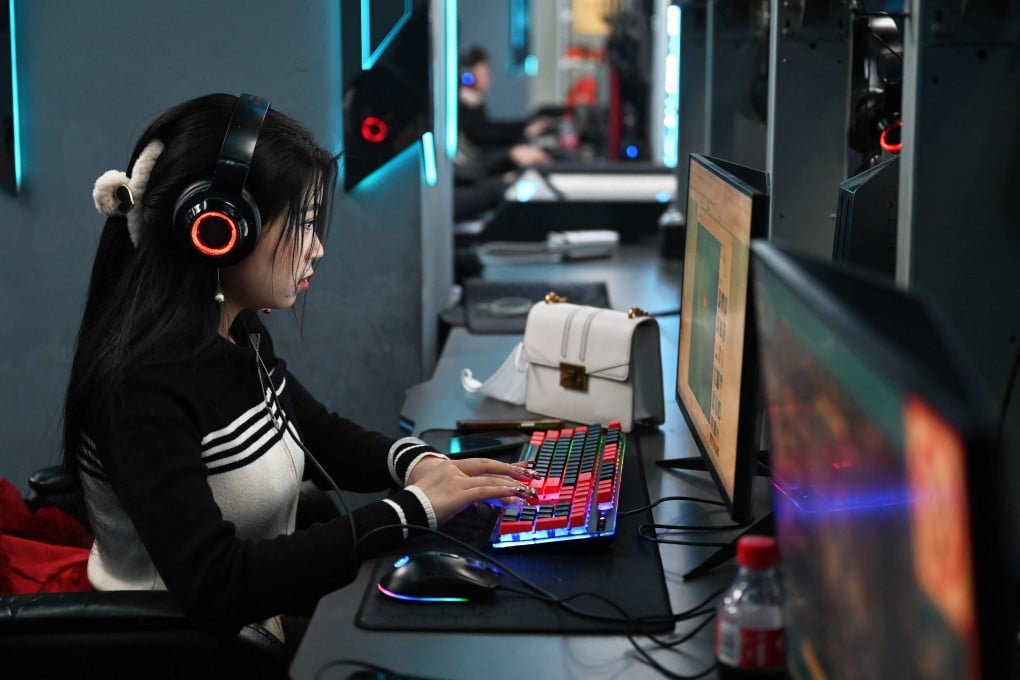Advertisement
Opinion | Video games are not just a commercial gold mine – they can be a force for good
- Long viewed as childish entertainment at best and an addictive pursuit at worst, gaming is now recognised as a serious moneymaker
- The concept of gamification, however, has highlighted the potential for wider application of game design, while the enthusiasm of gamers can be channelled for social causes
Reading Time:3 minutes
Why you can trust SCMP

In recent months, two gamers have made waves globally. Teenager Willis Gibson, a competitive Tetris player from Oklahoma in the United States, became the first person to beat the original Nintendo version of the game. He even caused the popular game, which requires players to get falling blocks of different shapes to fit together and create solid lines inside a box, to freeze because there was no more code to support further advancements.
Another gamer broke a three-year-old record to win an iconic game, Mike Tyson’s Punch-Out, faster than anyone else – after over 20,000 attempts – in October.
Dedication to gaming has often been described as an addiction; gamers tend to receive a lot of flak for spending long hours hunched over their computers, something that many rightly see as unnatural and unhealthy. China, for example, imposed a playtime limit of three hours a week for players under 18 in 2021.
Advertisement
However, the nature of the gaming industry and the perceptions surrounding it are changing. Gaming has the potential to transform lives and be a tool for social good, which could elevate it to being more than just a leisure activity.
Undeniably, companies in China, Japan and South Korea have had their skin in the game, so to speak, for a long time, exerting significant commercial dominance.
Advertisement
Take, for instance, the rapid rise of Genshin Impact, a game developed by the Chinese company miHoYo. The game not only made US$1 billion six months after its launch, it was ranked fourth on a list of top grossing global mobile video games last year, having raked in US$943.8 million. A March 2023 Goldman Sachs report said China was the biggest gaming market in the world, both in terms of revenue and number of users.
Advertisement
Select Voice
Select Speed
1.00x
